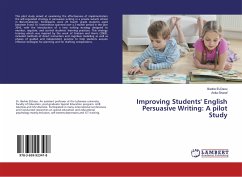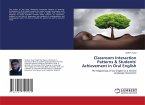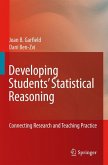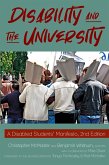The notion of willingness to communicate was developed in order to account for the frequency of individuals' first language and second language communication acts. The main purpose of this study were to investigate how individual difference variables, consisting of integrativeness, communication apprehension, perceived competence, introversion, motivational intensity, attitudes and other-directedness, affected Japanese university students' willingness to communicate in English as well as their English proficiency, and to determine how these same individual difference variables, willingness to communicate in English, and English proficiency were causally related to one another.
Bitte wählen Sie Ihr Anliegen aus.
Rechnungen
Retourenschein anfordern
Bestellstatus
Storno








